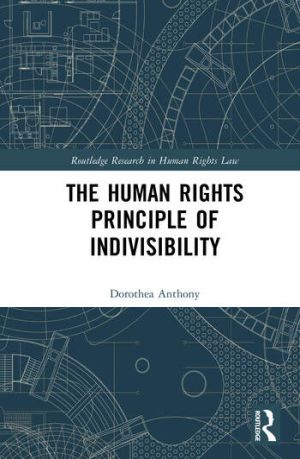
The indivisibility principle holds that all human rights are equally important and should be respected in equal measure. This book provides a comprehensive explanation and analysis of indivisibility — its meaning(s), history, ideological significance, benefits, and shortfalls. In this way, the work brings indivisibility into the realm of critical thought that the principle of universality, for example, has long occupied. The work examines representations of indivisibility across multiple legal and academic sources from the last several decades in which interest in indivisibility and human rights has grown exponentially. It lucidly details how indivisibility has been used to legitimise the human rights project and fortify associated social campaigns. It illustrates the human rights community’s sincere enthusiasm for indivisibility. But it also questions the politics behind the renewed promotion of indivisibility and its declared goals.
The book is structured according to these goals or social functions that indivisibility has come to take on since it was popularised at the World Conference on Human Rights. In addressing the functions of indivisibility, the book uncovers fascinating dynamics underpinning the principle and mainstream human rights theory in general. It reveals a paradox in which contemporary indivisibility both challenges and supports the traditional human rights catalogue and the social system out of which the principle arose. It asks whether persisting social contradictions and divided interests in the post-Cold War world might weaken the moral claims to a new undividedness of rights and lead to the conclusion that we should be more realistic than optimistic about how human rights law and policy has evolved and what it has to offer.
The book will be of interest to academics, researchers, and policy-makers working in the areas of human rights studies, international law, political science, and the humanities.